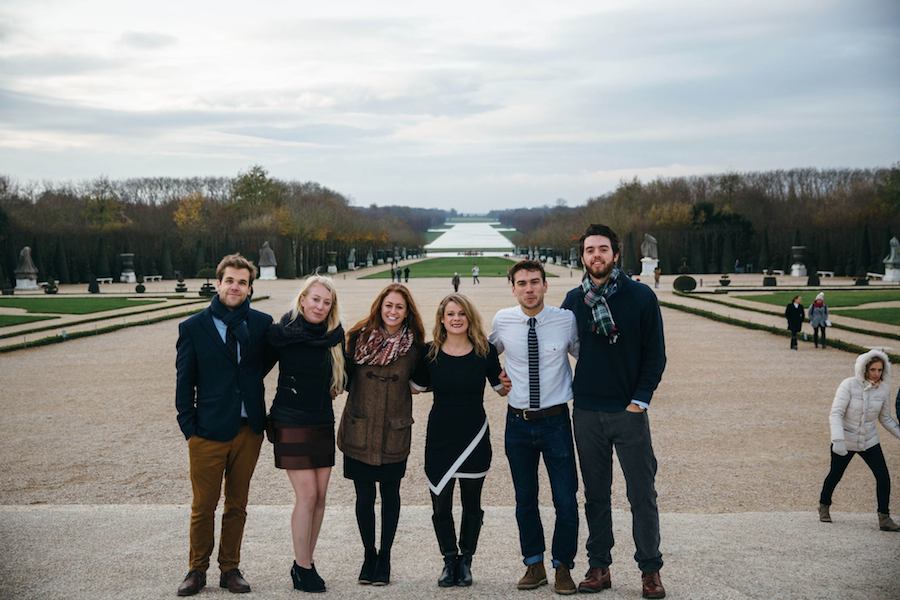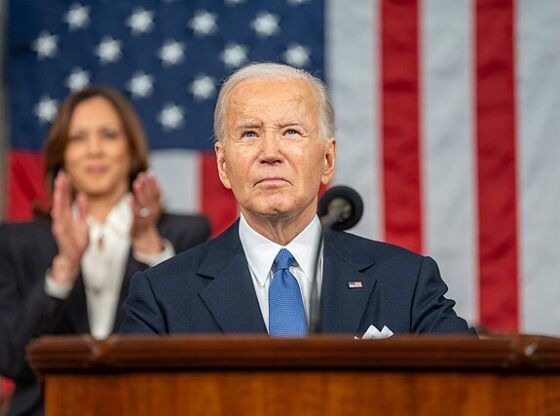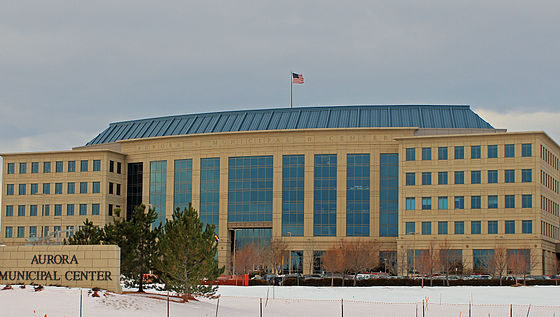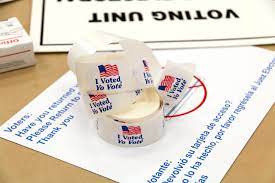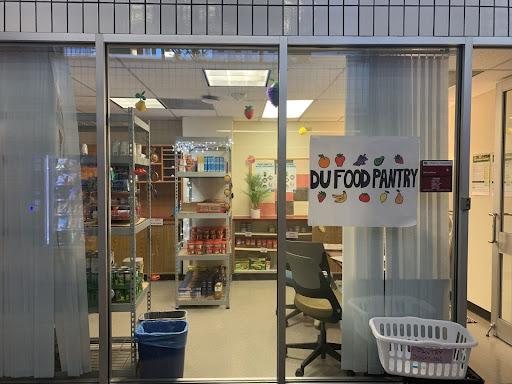DU recently sent fifth year MBA student Kyle Sundman to attend the Paris Climate Talks, which went from late November to early December of 2015 and implemented a significant agreement among 196 countries to work in cooperation to greatly reduce global climate change.
Enormous weight was placed upon the global meeting this year and Sundman’s experience reflects the immensity of the debates.
“There were two areas, the ‘Blue Zone’ and ‘Green Zone,’ both of which felt the size of cities,” said Sundman.
The “Blue Zone” was the main area of the COP21 negotiations, where figureheads such as John Kerry and Alec Baldwin made keynote speeches to share the sentiment of keeping the warming of the planet below 2 degrees Celsius, according to Sundman’s blog.
Meanwhile the “Green Zone” next door had “huge tents hosting panels on different issues besides the warming of the planet,” Sundman said.
DU Solar, a student-run initiative to bring solar energy to the DU campus, helped get Sundman to the Paris Talks in cooperation with another company, Florida-based solar company Conergy.
“They selected ten students across the country, flew us out, all expenses paid just for the Climate Talks,” said Sundman. “It was nothing short of a surreal experience.”
While Sundman acknowledges the Climate Talks made historic progress, he believed they still weren’t strong enough as not every part of the negotiations was legally binding.
“For instance, mandating countries to reduce their greenhouse gases was optional,” Sundman said. “The U.S. made it clear they couldn’t make it a binding agreement as we can’t ratify it in the Senate under Republican control.”
Regardless of the legal issues of the negotiations, a direct goal was established to become carbon free within the next few century.
“For every ton of carbon emitted by production, that ton could be reabsorbed back into the ecosystem,” Sundman said, “It’s a lofty goal, especially given that we are nowhere near that now. But, it’s amazing we got 196 countries to come together and sign this document.”
Additionally it is considered beneficial for solar energy in the United States, giving companies a 30 percent tax credit which DU Solar is currently trying to capitalize on. This is good news for Sundman, as he plans on working in the field of renewables upon graduation.
Sundman realizes the potential for the future upon these agreements.
“This is by all means revolutionary…I think you can really see momentum springing from this moment like in a turning point in a sports game,” he said.
Regardless of whether the negotiations are amended in the coming years, Sundman is still grateful for the opportunity to learn from the experience and hopes to apply it for years to come.
“Everyone involved had underlying convictions,” Sundman said, “but they all came together to focus their energy on this single grand issue.”

